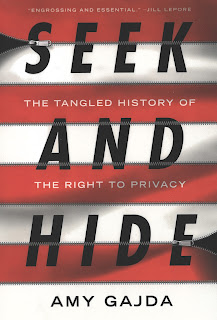Stefan Vogler, Sorting Sexualities: Expertise and the Politics of Legal Classification (University of Chicago Press, 2021).
In the United States, when LGBTQ people seek asylum and when sexual offenders are evaluated for carceral placement, state actors must determine individuals' sexualities. Though these legal settings are diametrically opposed -- one a punitive assessment, the other a protective one -- they present the same question: how do we know someone's sexuality? In Sorting Sexualities, Stefan Vogler focuses specifically on these state classification processes to deftly unpack the politics of the techno-legal classification of sexuality in the U.S.-Publisher's Description



















